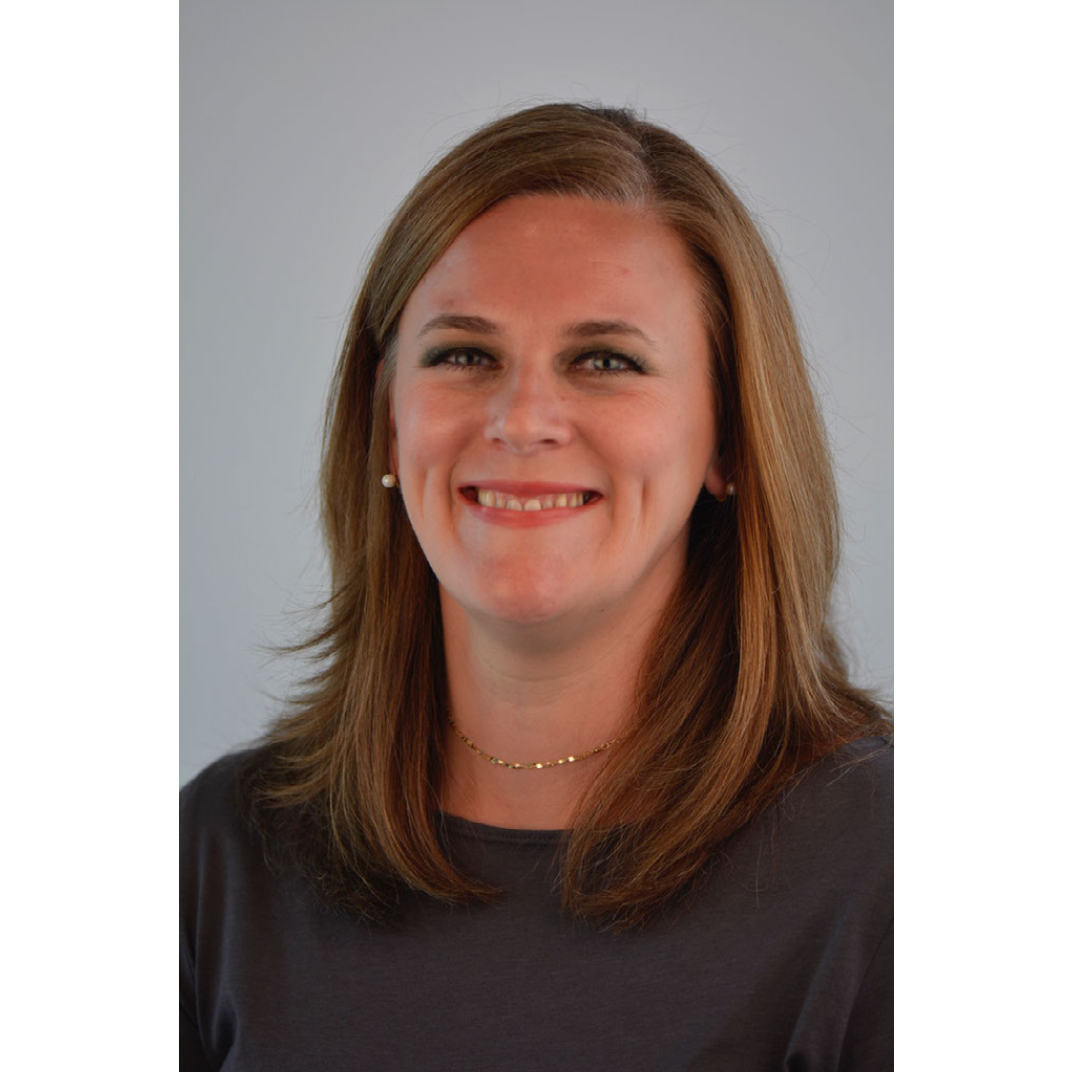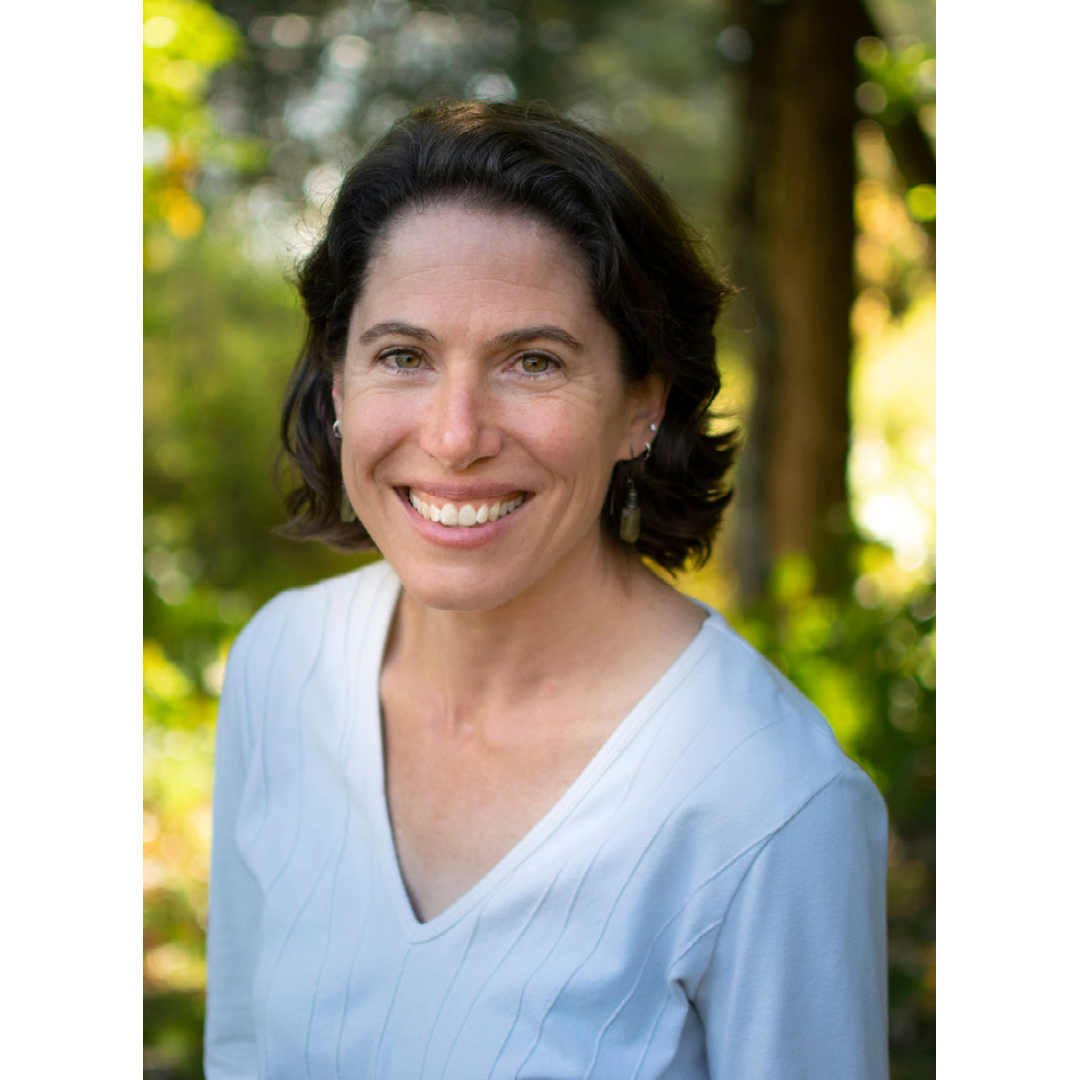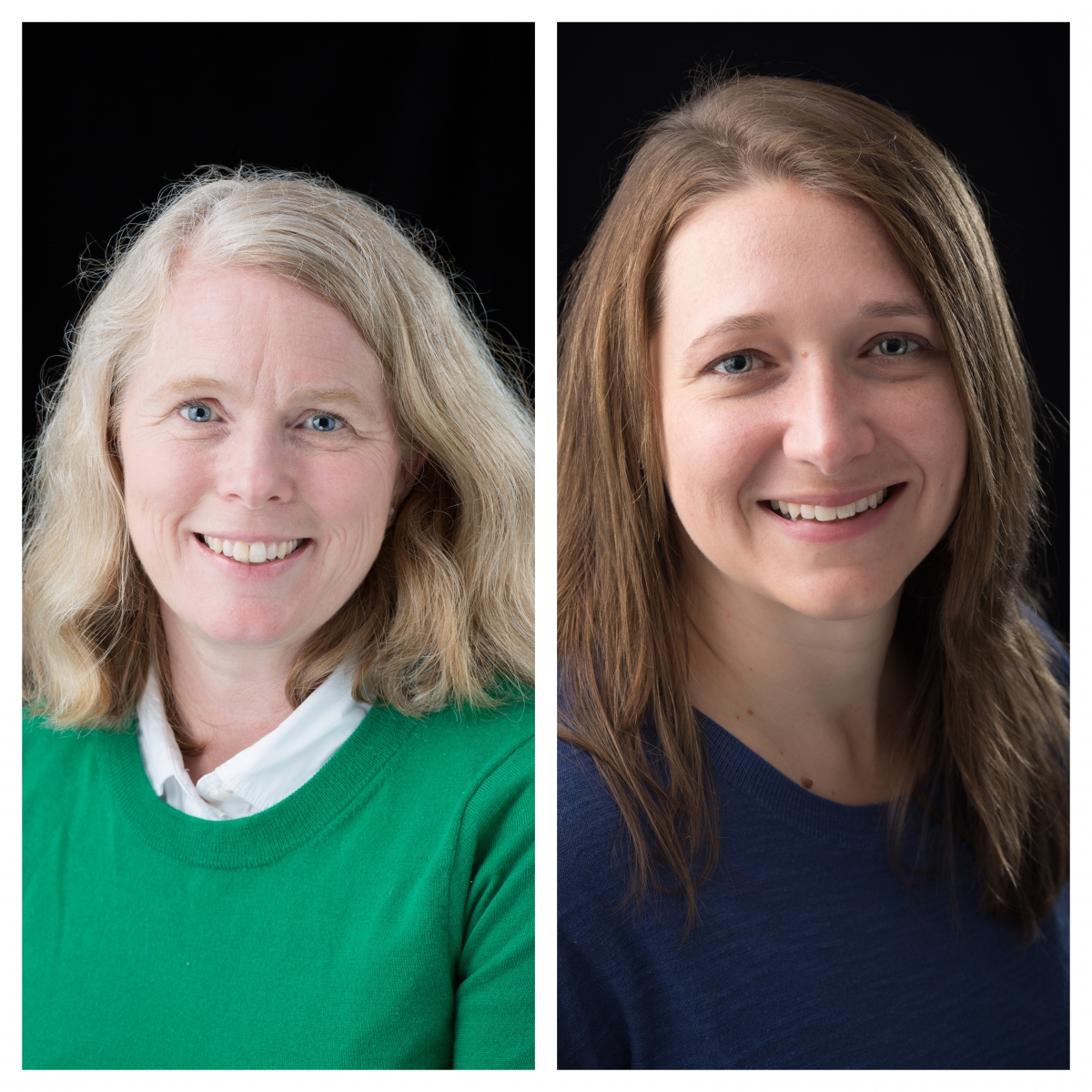This past summer, the Reich College of Education (RCOE) funded ten projects to support faculty and staff on research and creative projects through the Summer Scholarship Support Program. The purpose of the program is to provide support for the development of projects that implement elements of the RCOE Strategic Plan. Projects focused on the refinement of existing research or the creation of new research projects, development and refinement of instructional practices and strategies, engagement in policy development, and/or development of innovative professional development opportunities for faculty, staff or students. The awards were limited to $1000.00 per project.
For the October, December, and January RCOE Faculty and Staff meetings, recipients of the funds will present their projects. On December 2, 2020, the following projects will be featured:
Beyond the Golden Rule: Results and Implications of a Qualitative Exploration of Rural Caregiver's Experiences of Cultural Socialization

Both assistant professors in the Department of Human Development and Psychological Counseling, Dr. Dominique Hammonds and Dr. Jill Van Horne will present their project titled “Beyond the Golden Rule: Results and Implications of a Qualitative Exploration of Rural Caregiver's Experiences of Cultural Socialization.”
The project is an exploratory study of how parents practice cultural socialization in the current socio-political climate, addressing three areas:
the seminal and recent cultural socialization literature;
the current study and subsequent results; and
the research and practice implications for school and clinical mental health counselors.
For their next steps, Hammonds and Van Horne are in the editing phase preceding the submission of their work to a national journal.
Hammonds’s research agenda focuses on culturally responsive teaching, counseling and clinical supervision, creative teaching and supervision methods, and technology in counseling.
Van Horn’s research interests are multisensory and experiential counseling approaches with children and adolescents through play therapy and equine assisted therapy. She also serves as the program director for the professional school counseling graduate program.
Samantha Brown, of Rockford, Illinois, and a student in the marriage and family therapy program, also assisted with the research.
Developing Virtual Libraries

Dr. Robin Moeller, an associate professor in the Department of Leadership and Educational Studies and library science program director, will present her project titled “Developing Virtual Libraries.”
Moeller’s project focused on building online libraries, which has become more necessary with the move to remote teaching and learning due to the pandemic.
“Students used a variety of free technologies to help build a virtual library that focused on five specific areas: information, literacy, knowledge building, experimentation, and community/school culture,” said Moeller.
She added, “They used a combination of existing content and student-created content to build pages that gave patrons and students opportunities for interactivity and collaboration.”
The next steps for her project will be “to assess what worked and what didn't for students and identify ways in which to better address specific elements that would improve the students' learning in future iterations of course delivery.”
“Students have commented that they felt the Virtual Libraries project was the most important, timely, and engaging educational experience they have yet had in our program,” she noted.
Moeller’s research interests involve visual representations of information as they apply to youth library services and schooling.
Sustaining Human Capacity and Creativity in Teaching and Learning through Remix

Dr. Theresa Redmond, an associate professor in the Department of Curriculum and Instruction, will present her project titled, “Sustaining Human Capacity and Creativity in Teaching and Learning through Remix.”
The purpose of her project was “to identify and synthesize literature in order to design an evidence-based, user-friendly model for learning that expands on activities related to a larger, ongoing study.”
The ongoing study to which Redmond refers is related to maker literacies and remix. While remix “generally refers to the recombination of existing, popular media content into new forms, [her] conceptualization invites students to create their own source texts.”
Redmond’s project aligns with the RCOE strategic plan in two primary areas: to build and sustain human capacity for teaching, learning, and communication through digital tools and connections and to create a more inclusive curriculum.
Possible next steps include:
Developing “digital learning routines” for educators to engage in remix learning across face-to-face, hybrid, and online contexts;
Engaging in a thematic analysis of student perspectives related to impact on course experience, community, and learning; and
Designing an expanded assessment based on preliminary suggestions offered by Creative Thinking VALUE Rubric available online from The Association of American Colleges & Universities (AAC&U).
Redmond’s scholarship reflects a hybrid research agenda that attends to the complex intersections of multiple professional fields including communications, media studies, literacy studies, teacher education, curriculum design, technology integration, and the arts. Across these areas, she seeks to unravel stories about how media and communication technologies impact issues related to teaching, learning, literacy, creativity, sustainability, and human expression. She employs largely qualitative methods, including case studies, action research, self-study, visual methodologies, a/r/tography, and other arts-based research approaches. Across her areas of study is a particular emphasis on examining students’ preparation, fluency, and critical thinking in digital environments through creative inquiry and expression.
The impact of drawing instruction on first-graders’ visual representations of carnivorous plants in a multimodal science unit

Both in the Department of Curriculum and Instruction, Dr. Leslie Bradbury, a professor, and Dr. Rachel Wilson, an associate professor, will present their project titled, “The impact of drawing instruction on first-graders’ visual representations of carnivorous plants in a multimodal science unit.”
Their study investigates first-graders' visual representations of carnivorous plants.
“There is a growing international research interest in multimodal science learning to help all students engage in and learn science concepts, particularly emergent bilingual students and students who struggle with reading and writing” said Wilson.
The finding of this study indicate that “when students experience explicit drawing instruction on the conventions of accurate science drawings they include more elements in their science drawings and more labels of those elements using scientifically accurate academic language.” They base their study on a previous study, which showed that first grade students included different types of information in their science drawings (structures) vs. their science writing (processes and functions).
“This research benefits the RCOE because it positions our college as a promoter of effective teaching pedagogies for science learning, as well as partners in teaching effectiveness with our public-school partnerships, and aims to build relationships between the college and local public schools,” said Bradbury.
Once face-to-face instruction is resumed, the next steps for their project will be to expand their testing outside of Watauga County to Appalachian’s Academy at Middle Fork in Walkertown, North Carolina.
Both have research interests in multiple modes of representation in science teaching and learning, and elementary science teaching and learning.